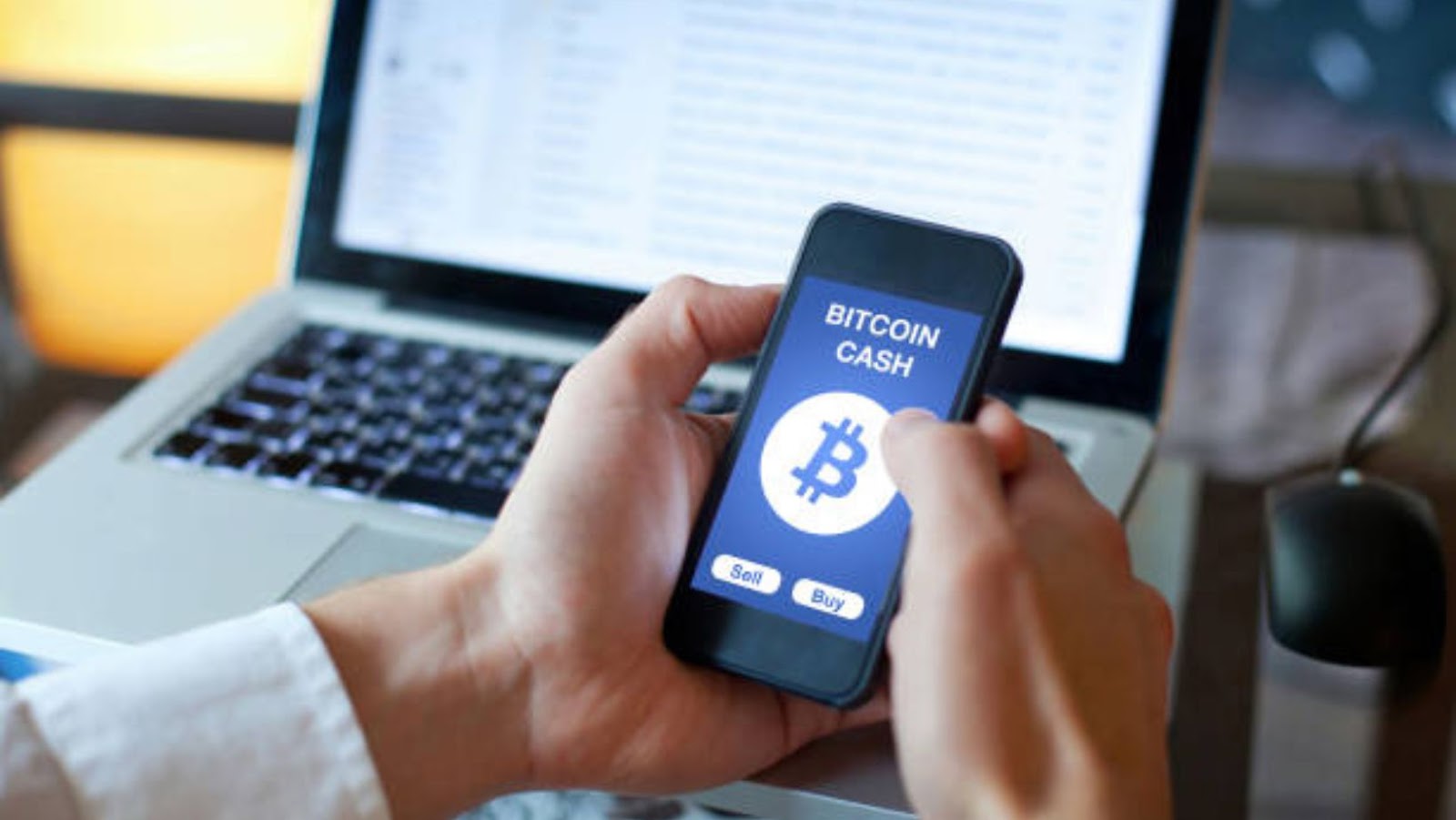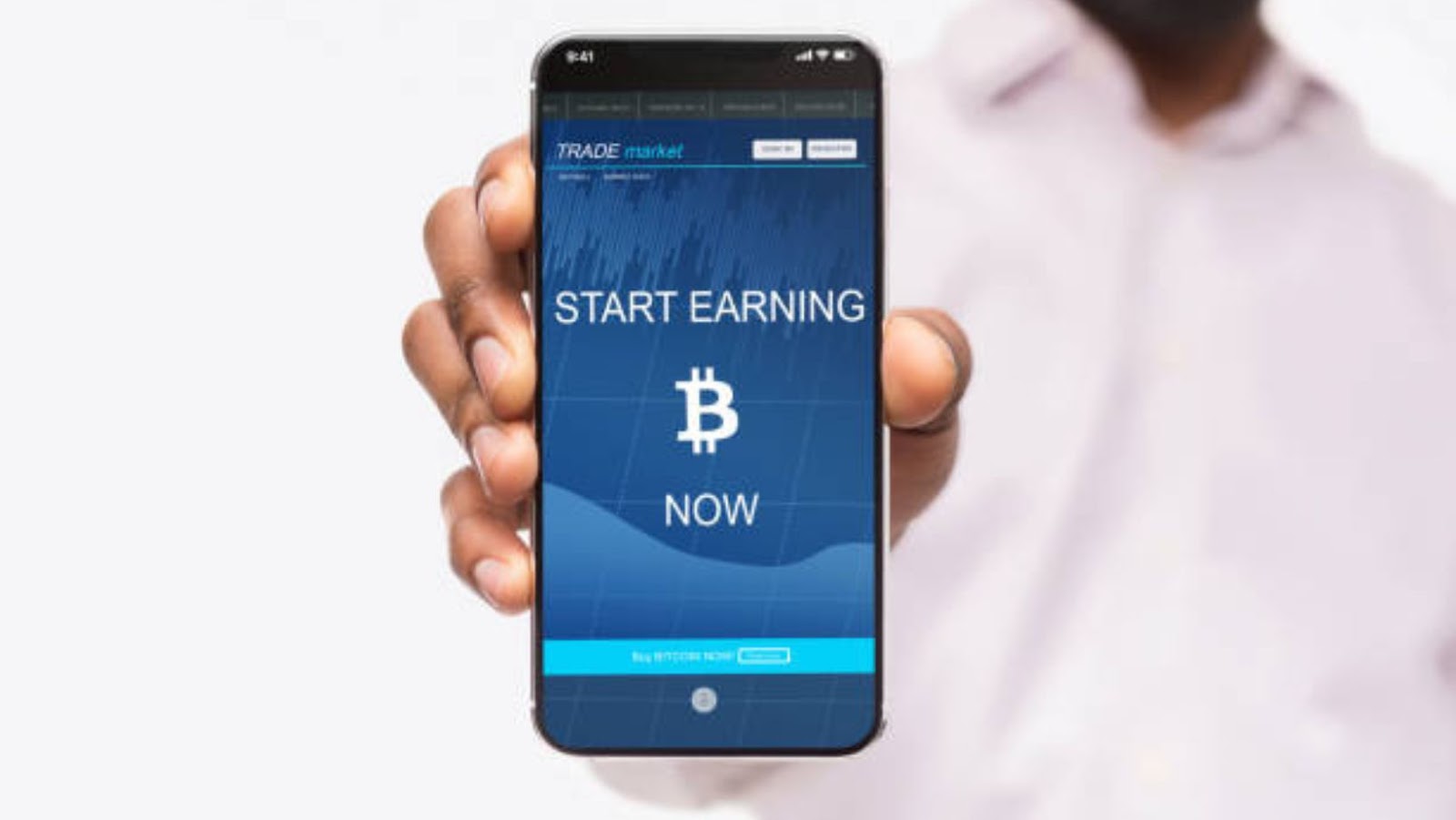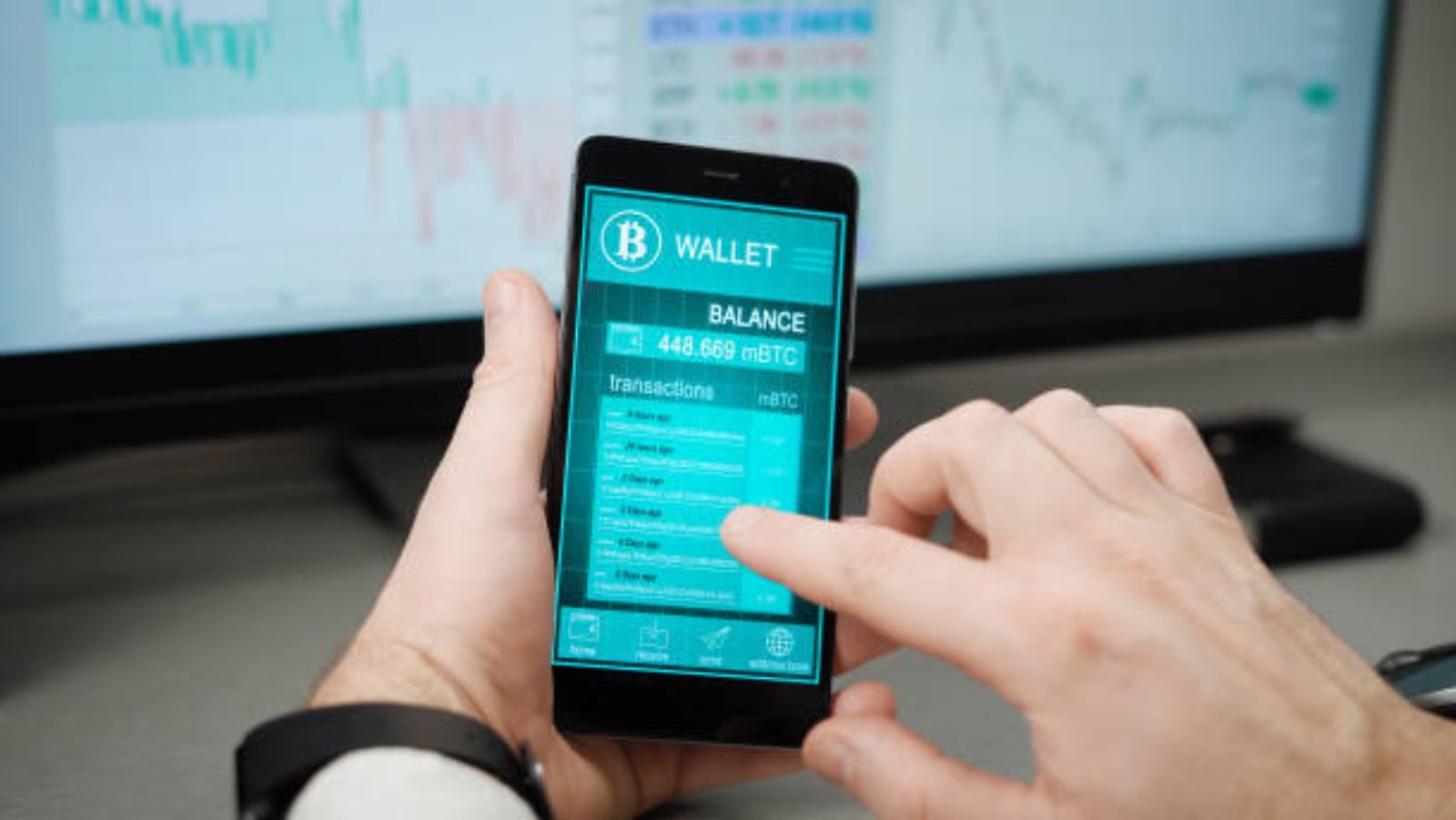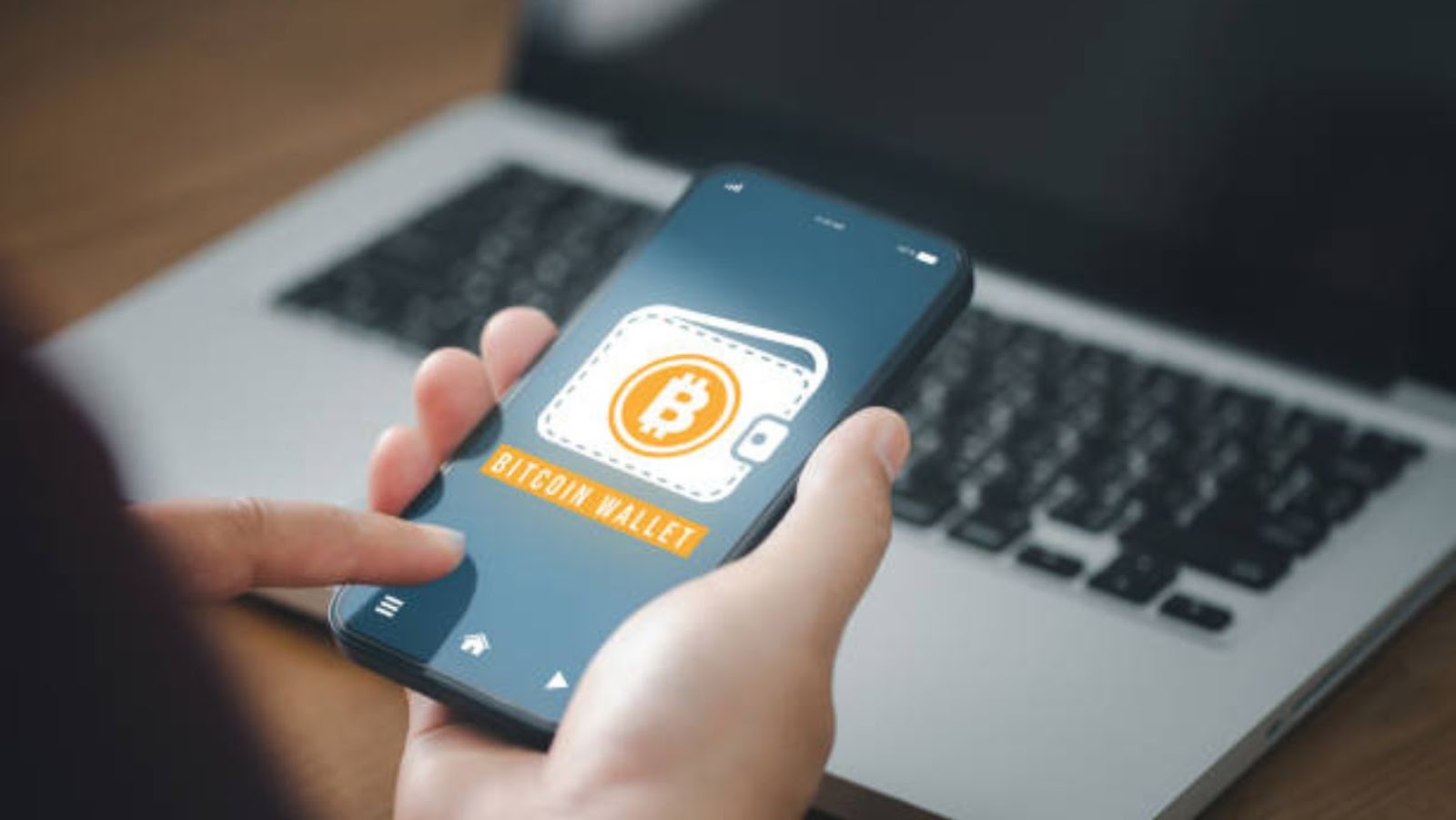Always Practice Good Security Hygiene When Using a Bitcoin Wallet

As cryptocurrencies become more mainstream, you must practice good security hygiene when using a Bitcoin wallet to protect your investments from theft and fraud.
Here are some key practices to keep in mind:
1. Use a strong password for your Bitcoin wallet and change it often.
2. Enable two-factor authentication to add an extra layer of security.
3. Keep your private keys and seed phrases safe and secure. Write them down on a piece of paper and store them in a secure location.
4. Use only reputable and secure Bitcoin wallets.
5. Keep your software and antivirus programs up-to-date and perform regular scans.
Following these best practices ensures your Bitcoin investment remains secure and protected from threats.
Pro Tip: It’s always better to be safe than sorry when protecting your Bitcoin wallet. Take the necessary precautions to safeguard your investment and practice good security hygiene.
Bitcoin Wallets
When using a Bitcoin wallet, it is important to always practice good security hygiene. This means securing your wallet with strong passwords or passphrases and keeping your wallet keys away from prying eyes is essential. Additionally, it’s important to never share your wallet details online or store them in a place susceptible to a data breach.
Let’s examine the security measures you should take when using a Bitcoin wallet.
Understanding how Bitcoin wallets work
Bitcoin wallets store your private keys and allow you to send, receive, and manage your holdings. There are several types of Bitcoin wallets, each with unique features and security levels.
Here are the most common types of Bitcoin wallets:
Hardware wallets: These are physical devices that store your private keys offline, offering the highest level of security. Transactions are signed offline and then transmitted to the Bitcoin network.
Mobile wallets: You can download apps on your smartphone and use to manage your Bitcoin holdings. They offer convenience but are less secure than hardware wallets, as they are connected to the internet.
Desktop wallets are software programs you install on your computer and use to manage your Bitcoin holdings. They offer more security than mobile wallets but are still vulnerable to hacking and malware attacks.
Web wallets: These are online wallets you can access through a web browser. They are the least secure type of wallet, as they are hosted on third-party servers and require you to trust the providers with your private keys.
Always practice good security hygiene when using a Bitcoin wallet, such as using strong passwords, enabling two-factor authentication, and keeping your private keys safe and secure.
Different types of Bitcoin wallets available
You can choose from several Bitcoin wallets with unique features, security levels, and accessibility.
Hardware Wallets: These physical devices store your private keys offline, protecting your cryptocurrencies from hacks and online vulnerabilities.
Software Wallets: These are digital wallets you can access through your smartphone, computer, or web browser. They can either be self-hosted or rely on a third-party service provider.
Paper Wallets: These are physical documents that contain your public and private keys, allowing you to store your Bitcoin offline.
Hot Wallets: These are online wallets connected to the internet and can be accessed through different devices. They are more convenient to use but can also be more vulnerable to hacking attempts.
Always practice good security hygiene when using a Bitcoin Wallet. For example, avoid sharing your private keys with anyone, never store them online, and back up your wallet regularly. Of course, using a hardware or paper wallet is a more secure option, but it’s essential to stay cautious and informed, regardless of your type of wallet.
The importance of securing your Bitcoin wallet
Securing your Bitcoin wallet is crucial to safeguard your digital assets and protect yourself from potential theft or hacking attempts. Always practice good security hygiene when using a Bitcoin wallet to ensure peace of mind and maintain full control over your funds.
Here are some tips to follow:
- Create a strong and unique password for your wallet and avoid sharing it with anyone.
- Enable two-factor authentication to add an extra layer of security to your account.
- Store your private keys offline in a secure, encrypted device or paper wallet.
- Regularly update your wallet software and keep a backup of your wallet and private keys.
- Keep your computer and internet connection safe and secure using trusted antivirus software and avoiding public Wi-Fi.
By following these best practices, you can rest assured that your Bitcoin wallet is safe from potential threats and that your digital assets are secure. Remember, prevention and caution are key to digital currency security.

Best Practices for Securing Your Bitcoin Wallet
Securing your Bitcoin wallet and its private key is of utmost importance. With numerous reported incidents of stolen coins, staying vigilant and practicing good security hygiene when using a Bitcoin wallet is important.
This article will discuss the best practices for securing your Bitcoin wallet.
694150aa9355d9984ee834f9f36bc31b3bcdec26
A strong and unique password is essential for securing your Bitcoin wallet and protecting your digital assets.
Here are some tips for creating a strong and unique password:
1. Use upper and lowercase letters, numbers, and special characters.
2. Avoid using easily guessable information such as your name, birthdate, or pet’s name.
3. Use a different password for every account and change them regularly.
4. Use a password manager tool like LastPass or Dashlane to generate and store secure passwords.
Remember, a weak password can make your Bitcoin wallet vulnerable to hacking attempts and theft. By creating a strong and unique password, you can ensure the safety and security of your digital assets.
Enable two-factor authentication (2FA)
Enabling two-factor authentication (2FA) is an important security measure for protecting your Bitcoin wallet from unauthorized access and theft.
Two-factor authentication adds an extra layer of security to your Bitcoin wallet by requiring you to provide two forms of identification to access your account. This typically includes a password and a unique verification code sent to your phone or email.
Here are the steps to enable 2FA on your Bitcoin wallet:
First, log in to your Bitcoin wallet account and go to the security settings.
Choose the 2FA option (typically either SMS or email verification) and complete the setup process.
Once 2FA is enabled, you must enter the verification code every time you log in to your account.
Always practice good security hygiene when using a Bitcoin wallet, including using strong passwords, regularly updating your software, and avoiding public Wi-Fi networks.
Pro Tip: Don’t share your 2FA code with anyone; enable biometric verification if your wallet supports it for extra security.
Regularly backup your wallet
One of the most crucial steps in keeping your bitcoins safe is to regularly backup your wallet. A bitcoin wallet backup protects your private keys (which enable you to access your bitcoins) from loss or theft.
Here are some tips on how to backup your Bitcoin wallet:
1. Choose a reputable and secure wallet provider.
2. Follow the instructions provided by the wallet provider on backing up your wallet.
3. Consider making multiple backups, stored in different locations, to ensure redundancy and availability.
4. Test your backups by restoring your wallet to a different device. If the restoration process is successful, you can be confident that your backups will work in case of a data loss event.
Pro Tip: Regularly update your wallet software to ensure that you have access to the latest security features and bug fixes.

Additional Security Measures
Regarding Bitcoin wallets, it is important to always practice good security hygiene. This includes taking measures to secure your wallet and keeping backups to ensure you don’t lose access to your funds.
In this section, we’ll cover some additional security measures you should take when using a Bitcoin wallet.
Using a hardware wallet
A hardware wallet is an excellent way to keep your bitcoins safe from hackers, scammers, and online thieves. However, even with hardware wallets, it is essential to always practice good security hygiene when using a Bitcoin wallet to ensure maximum protection.
Here are some best practices for using a Bitcoin wallet:
- Always use a strong and unique password for your wallet.
- Never share your private key with anyone.
- Regularly backup your wallet data and store it somewhere secure.
- Enable two-factor authentication for additional protection.
- Keep your hardware wallet firmware updated to receive the latest security patches.
- Be wary of phishing scams, fake websites, and unsolicited emails asking for your wallet information.
- Only transact with reputable and trusted parties to avoid scams and fraud.
By following these good security hygiene practices, you can ensure that your Bitcoin wallet is secure, whether using a hardware wallet or any other type.
Encrypting your wallet
Encrypting your Bitcoin wallet is an important additional security measure that can help keep your funds safe from hacking attempts and theft.
You must set a password to encrypt your wallet that only you know. Here’s how to do it:
Step 1: Open your Bitcoin wallet and click the “Settings” or “Security” tab.
Step 2: Look for the “Encrypt Wallet” option and click on it.
Step 3: Choose a strong password and make sure to remember it.
Step 4: Confirm your password and wait for the wallet to encrypt.
Remember to always practice good security hygiene when using a Bitcoin wallet. This includes using a strong and unique password, enabling two-factor authentication, and keeping your software up-to-date. Taking these precautions can help keep your Bitcoin safe from cyber attacks and other security threats.
Keeping your software and devices up to date
Keeping your software and devices up to date is crucial for ensuring that your Bitcoin wallet and other sensitive data are secure.
Regularly updating your software and devices helps to:
- Fix bugs and vulnerabilities hackers can exploit to steal your Bitcoin or personal information.
- Optimize performance and add new features to your devices and software.
- Stay up-to-date with the latest security protocols and best practices.
In addition to keeping your software and devices up to date, it’s important to always practice good security hygiene when using a Bitcoin wallet. This includes:
- Creating long, complex, and unique passwords for your Bitcoin wallet and other accounts.
- Enabling two-factor authentication whenever possible.
- Avoiding public Wi-Fi networks and other unsecured internet connections.
Pro tip: Consider using a hardware wallet instead of a software wallet for an extra layer of security.

Avoiding Common Security Risks
When dealing with Bitcoin, it’s important to practice good security hygiene. Bitcoin is a digital asset stored on the blockchain and is open to various risks. To protect yourself and your Bitcoin, there are some techniques to avoid the most common security risks.
This article will discuss what security hygiene measures to take when using a Bitcoin wallet.
Be cautious with online transactions
Bitcoin and other digital currency transactions come with a certain level of risk. To avoid common security risks associated with online transactions, always practice good security hygiene when using a Bitcoin wallet.
Here are some tips to follow:
– Use reputable exchanges or wallets from reputable companies.
– Never share your private key with anyone; consider encrypting your wallet.
– Use two-factor authentication on your accounts whenever possible.
– Always double-check the URLs of websites or exchanges before entering sensitive information.
– Avoid keeping large amounts of Bitcoin or other digital currencies in a single wallet.
– Be cautious of unsolicited messages or scams offering unrealistic returns or promising to double your Bitcoin.
By taking these precautions, you can minimize the risks associated with online transactions and keep your Bitcoin investments safe and secure.
Avoid using public Wi-Fi networks
Public Wi-Fi networks are a common security risk for Bitcoin wallet users. Hackers who share the same Wi-Fi network can intercept your sensitive information and obtain access to your Bitcoin wallet. Therefore, it’s important to avoid using public Wi-Fi networks whenever possible.
Here are some tips to follow to ensure good security hygiene when using a Bitcoin wallet:
- Always use a trusted and reputable Bitcoin wallet app with built-in security features such as two-factor authentication, password protection, and offline storage.
- Keep your Bitcoin wallet software up to date with the latest security updates and patches.
- Use a strong and unique password for your Bitcoin wallet account and avoid sharing it with anyone.
- Use a virtual private network (VPN) or a mobile hotspot to secure your Wi-Fi connection when using your Bitcoin wallet on public networks.
- Never leave your Bitcoin wallet open and unattended on your computer or mobile device, and always log out when you’re done using it.
Beware of phishing scams and other social engineering attacks
Phishing scams and other social engineering attacks are common security risks that can compromise the safety of your Bitcoin wallet. To avoid falling victim to such attacks, it is crucial to always practice good security hygiene when using a Bitcoin wallet.
Here are some effective tips to follow:
- Be wary of emails or messages that prompt you to share your personal and financial information or click on a suspicious link. Always verify the authenticity of the sender before responding.
- Use strong and unique passwords for your Bitcoin wallet and enable two-factor authentication.
- Keep your software and applications updated, as this reduces the risk of vulnerabilities or bugs that hackers can exploit.
- Avoid accessing your Bitcoin wallet on public Wi-Fi networks or shared devices, and always log out after use.
- Lastly, stay informed about the latest security threats and techniques to safeguard your wallet’s integrity. Pro tip: Always remember, caution can go a long way in any online interaction.

What to Do if Your Wallet is Compromised
Always practicing good security hygiene when using a Bitcoin wallet is paramount for the safety of your Bitcoins. This includes backing up your wallet regularly, using two-factor authentication when possible, and not sharing your private key or seed words.
Unfortunately, even with these precautions, your wallet may still be compromised. This article will look at what to do if this happens.
Steps to take if your wallet is hacked or stolen
Discovering that your wallet has been hacked or stolen can be a nerve-wracking experience, but taking prompt action can help minimize the damage.
Here are the steps you should take if your wallet has been compromised:
First, immediately notify your bank or credit card company and cancel any compromised cards. This will help prevent any unauthorized charges or transactions on your accounts.
File a police report to document the theft and protect yourself from identity theft.
Monitor your bank and credit card accounts for any suspicious activity.
Update your passwords and enable two-factor authentication on any accounts that may have been compromised.
Consider placing a fraud alert or credit freeze on your credit report to prevent identity theft.
Always practice good security hygiene when using a Bitcoin wallet, such as using a strong password and storing your wallet offline in a secure location.
Remember to stay vigilant and monitor your accounts regularly for any signs of unauthorized activity.
How to recover your funds
Losing your cryptocurrencies is a devastating experience, but there are ways to recover your funds.
Here are some steps to follow if your bitcoin wallet is compromised:
1. Secure Your Accounts- Change passwords and enable two-factor authentication on all accounts connected to your compromised wallet. Make sure to use different passwords for each account.
2. Alert Your Wallet Provider- Contact your wallet provider and provide them with any relevant information to secure your account.
3. Contact Law Enforcement- If your wallet was hacked, you should immediately report the incident to law enforcement agencies.
Always practice good security hygiene when using a Bitcoin wallet to prevent wallet compromise. This includes keeping your private keys safe, regularly updating your software, and using reputable and secure wallets.
Pro Tip: Use a hardware wallet to store your cryptocurrency, it’s the safest way to store your bitcoin.
When to contact a professional for assistance
When dealing with a compromised Bitcoin wallet, contacting a professional for assistance is best to ensure your funds are secure.
Here are some key warning signs to look for:
- Unrecognized transactions on your Bitcoin wallet.
- Difficulty logging in to your Bitcoin wallet or other crypto account.
- Suspicious emails or messages from unknown sources request sensitive information about your wallet.
In such situations, reaching out to a professional with expertise in Bitcoin security or a reputable crypto-exchange as soon as possible is important for help. They can assist in identifying the source of the issue, recover any lost funds, and provide guidance on how to protect your wallet from further attacks. Pro Tip: Always choose reliable and reputable Bitcoin wallet providers and follow good security practices, such as two-factor authentication, to prevent unauthorized access to your wallet.
What's Your Reaction?
Deepak is a lover of nature and all things sporty. He loves to spend time outdoors, surrounded by the beauty of the natural world. Whether he's hiking, biking, or camping, Deepak enjoys being active and in touch with nature. He also loves to compete and push himself to his limits. Deepak is an avid cyclist, runner, and swimmer. He has competed in several triathlons and marathons, and is always looking for new challenges to take on.



